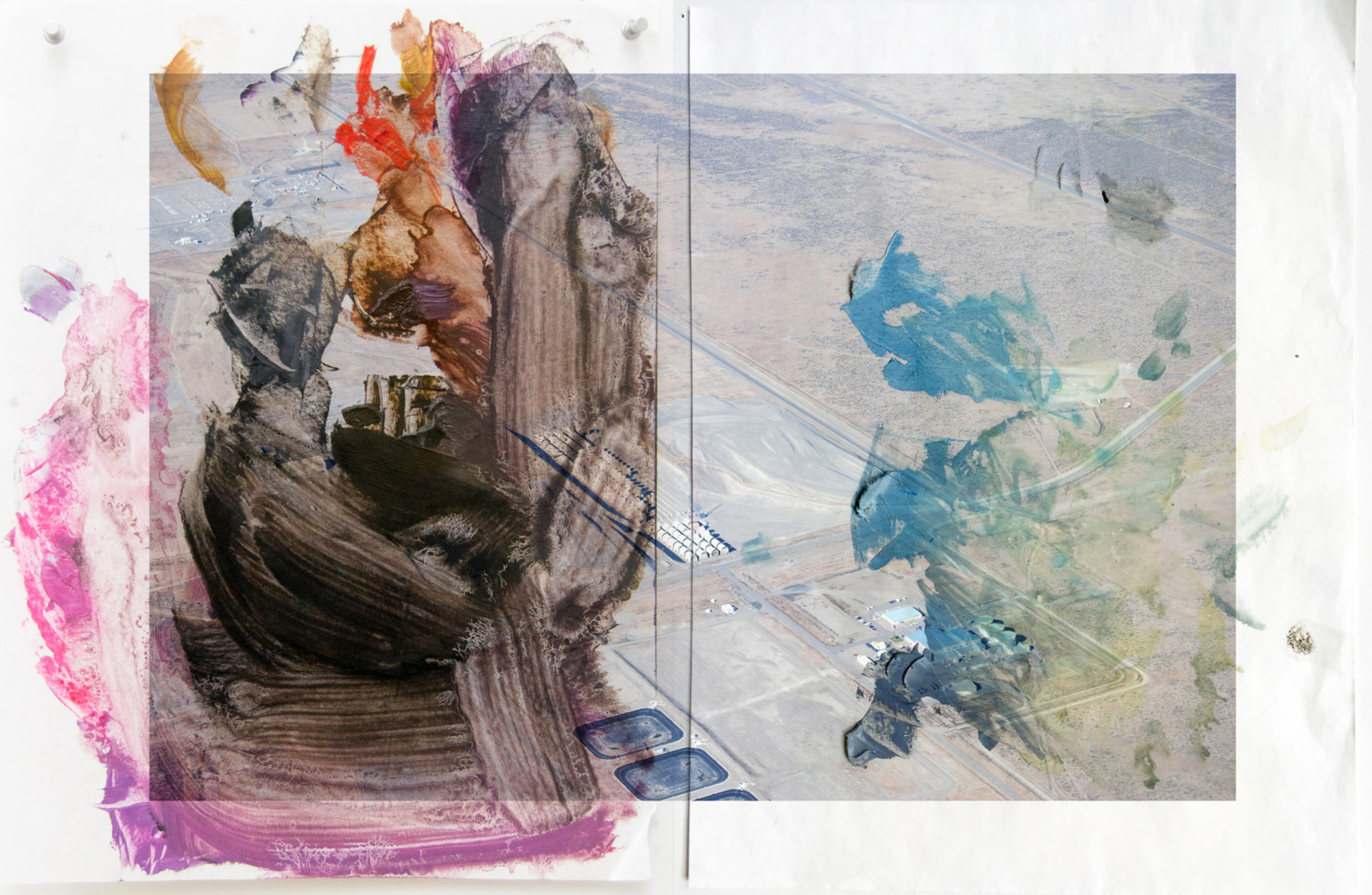My mother died when I was three; I grew up with my father, a professor of philosophy. He wasn’t heady for an academic. Said he was an existentialist at the core, which, when I was older, he explained: I care more for life than academics. Really saying, I am not just an old professor, you know, it might do you good to listen to me. As he needed to justify himself to an ungrateful, sulking teenager over breakfast.
That quality, whatever it meant, did make him sensitive to his students. He would invite them over to have their tutorials in his study, give them tea, talk to them for a long time about Kierkegaard or Heidegger, or whatever bothered them about their own souls. They would bend their heads and mutter like they were confessing. I thought this was part of his job, to be a secret keeper.
I think he fell in love with one, once. She’d come over for her tutorial and, before she came, he’d pull at his tweed suit collar as if realizing for the first-time the tweed was itching. Then, with a faraway look in his eye, he would begin fidgeting with pictures frames of my mother.
On one of these days, seven years old or so, I was bouncing a ball down the long green carpet outside his study. He always left the door slightly open, and light would come through the crack, illuminating a strip of green brighter than the rest. The patch of light appeared like a goal, and I made a game of aiming my ball there. The ball bounced, I collected it, and reset myself again, to see how many times I could hit the mark until it rolled surreptitiously into his office. I peeked my head through the opening and, as I did, my stomach turned with the strange thrill that a child feels when they decide this is the day they break the rule.
Shuffling around the corner, I saw the girl, the one who made my father fidget with frames. He was speaking to her with his back turned, looking out the window, talking about ‘her argument’ with Augustine. So, you’re saying the asceticism is a response to disoriented flesh? Maybe they were fighting, but they didn’t seem like it. With such a stern, concentrated gaze on the wooden floorboards, she didn’t seem to be listening at all. She looks like she’s looking into a telescope, at the infinity, I thought. My father had bought me books on space, there were new words and I used them all the time in the manner children do when they are trying to discover the nature of a word. When asked How many do you want, I’d reply, Infinity. I watched her twist her gold hair with her fingers, let it fall, then twist it back again.
They didn’t notice the ball or me. Nothing was happening, but it felt like something was happening, and I was confused over which.
Dr. Adams? she said. As he turned, his face was like that of a man on the edge of a cliff who has been seized by a desire to fall, his mind staggering with the longing. And then—balance reclaims him. He moved behind his desk with its frames. Forlorn, looking down, he sighed, those are my suggestions on Augustine, tenderly and resigned. A sad recognition crossed her face. I reached for the ball and, on contact with my fingers, it slipped and rolled towards her feet. As she leaned down to hand it to me, her hair fell over her shoulder like water. I reached to grab it. So gold. I never saw her again. There was a sweet tinge of sadness in my father’s voice all next morning, and the next day, and the next.
The absence of my mother, felt by my father, did not always translate to me directly. It was most often an indirect leak, like water dripping in a distant pipe when you are half asleep. Only now do I detect the hints where a veil of loss hovered over us. Maybe that was one of them. Maybe it was something else. But moments came, unexplained, when a memory, spinning on its fixed course, intruded. We would go on walks, and I would stop my running and stick swords and stone throwing, frozen by the sudden interruption of his grief— a grief so pronounced it took on its own life, and from that formed the outline of a woman. She was my collection of his sadness, met by my dispersed memories, and thrown upon the air. I had no true image of her, beyond what haze a three-year-old memory bank can recall, yet there she was—until a sound of a creaking branch or bird song dissolved her into shimmering fragments.
My mother, floating through the air.
What are you staring at, my darling? my father would say.
Infinity.
By Jane Potthast
→
Jane Potthast is a writer, student, and Ars Poetica poet based in New Haven, Connecticut. Jane has a B.A. and M.A. in comparative literature from Goldsmiths, University of London, and began further studies in religion and literature at Yale Divinity in September 2020. Jane prefers writing fiction, but regardless of the form or subject, she mostly approaches her work as a vessel for the exploration of spiritual themes.
